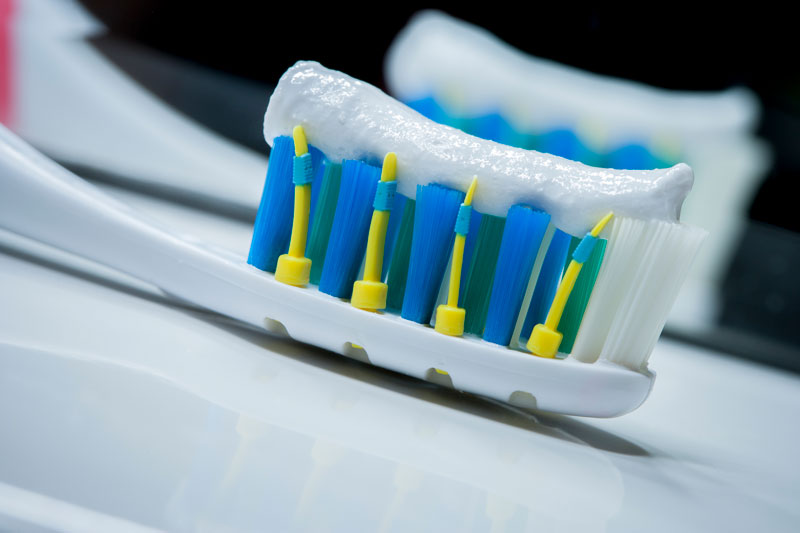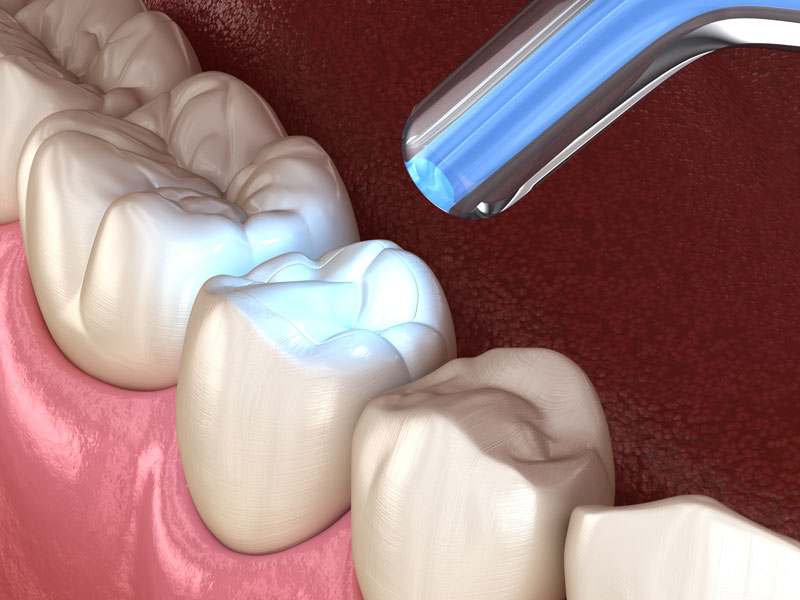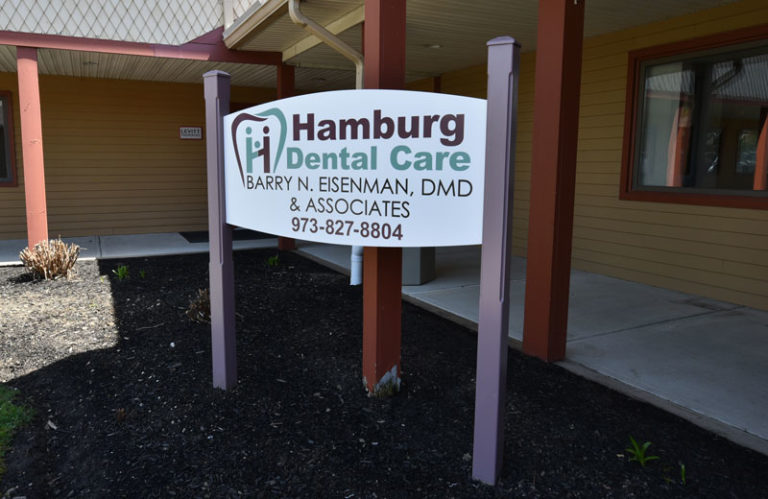Sensitive teeth can be extremely frustrating and make it difficult to eat hot foods or enjoy cold beverages. Normal day to day activities like chewing, drinking, or brushing become uncomfortable. Even sharp, episodic pain after engaging in anything involving your teeth can become commonplace. Knowing the causes and cures of sensitive teeth can save you time and worry.
Causes of Tooth Sensitivity

Many factors can cause dental hypersensitivity. The most probable causes are worn enamel or exposed roots. Sensitivity may also result from gum disease, decay, fractures, or degraded fillings.
Some everyday causes that may advance tooth tenderness include:
- Brushing too hard
- Grinding or clenching teeth
- Long term use of mouthwash
- Eating too much acidic food
The best way to avoid sensitive teeth is to visit your dentist for regularly scheduled cleanings. This will help keep open communication about your oral health. It will also catch issues at the earliest opportunity.
Curing Your Sensitive Teeth
If you notice that your teeth are sensitive, visit your dentist. Your doctor will assess the issue and recommend the most effective type of treatment. Something to note is that the procedure chosen will vary depending on how damaged your teeth are.

Fluoride Therapy
Fluoride is a naturally occurring element known for strengthening the teeth. Your dentist can use fluoride to restore worn enamel and combat sensitivity. A home regimen may be suggested with strict guidelines to avoid dental fluorosis.
Desensitizing Toothpaste
There are many over-the-counter kinds of toothpaste formulated to reduce tooth sensitivity. When applied for a given period, sensitivity and pain can progressively fade away. Ask your dentist for advice on the best products and practices of use.

Dental Bonding
If the cause of hypersensitivity is an exposed root, the doctor may decide to apply special bonding resin around the base of the crown. This will cover the sensitive area and relieve you of further pain.
Gum Grafting
Your tooth root can become exposed due to gum recession. In such a case, the dentist can surgically remove healthy gum tissue from another area and fill the receded area.
Root Canal
While it may be the most serious cure for tooth sensitivity, a root canal is arguably the most effective treatment. It involves the dentist removing the dental pulp and nerves then sealing the resulting void. Most people fear root canals, believing they are very painful. However, that isn’t true. Most people who undergo a root canal find it is no more painful than having a filling done.
Stop Tooth Sensitivity Now

If your teeth are becoming sensitive, it’s time to visit a dental clinic for an examination. Early treatment will save you agony and potential complications.
Are you or a loved one experiencing issues with oral health? Contact us today for first-rate dental services at friendly prices.




